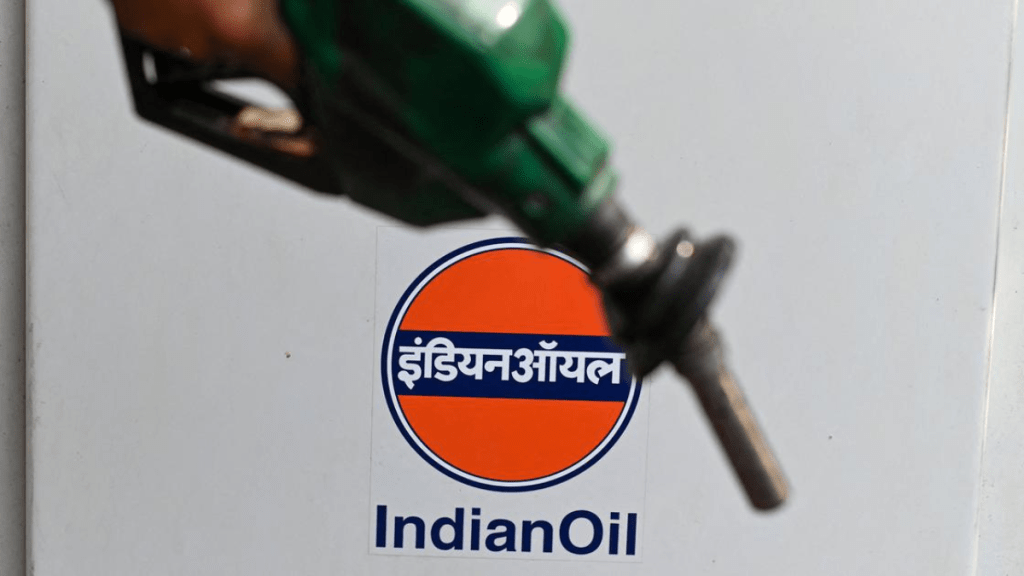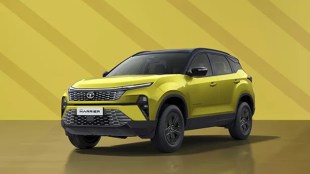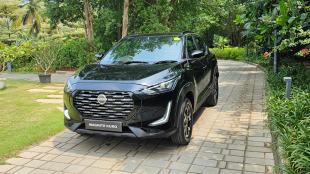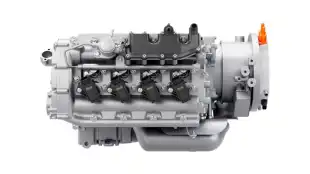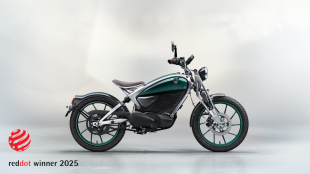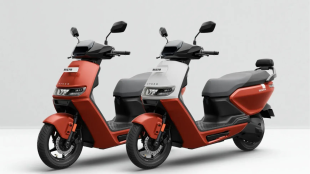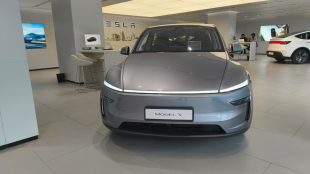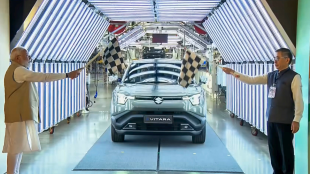The growing debate over the usage of ethanol-blended petrol in vehicles has kind of overshadowed the two-wheeler market, which is the largest in India. Two-wheeler users have also shown their concern about the usage of E20 petrol and have been left without a concrete answer.
Bajaj, has cleared the matter, and the company says adding a fuel cleaner to a full tank of petrol is the solution for older BS3 vehicles. According to Bajaj, adding 40ml of fuel cleaner to a full tank of petrol every 1000km is the way to keep a BS3 motorcycle safe, even if filling E20 petrol.
Bajaj addressed the issue to journalists during a launch event for an upcoming motorcycle.
What happens with E20 petrol in BS3 vehicles?
While Bajaj did not specify about the effect it will have on performance, what usually happens with ethanol-blended fuel is the sticky gunk that is left over, which causes issues to the fuel pump of the vehicle, the injectors, and throttle body.
A regular clean-up is also advised, but using a fuel system cleaner is the best solution at the moment, and they don’t cost much either.
What about newer motorcycles – BS4 onwards?
According to Bajaj, newer motorcycles are okay to run on E20 fuel, and they cause no harm to the engine. Bajaj says that the engines have been tested and have had no complaints to date with motorcycles running on higher ethanol-blended fuel.
For those worried about gunk and the sticky substance that may accumulate, using a fuel system cleaner is the best option again, as the company also recommends it. For those still worried, the 100 octane petrol from HP or IndianOil is the right solution.
And cars?
The answer is the same, and Tata Motors also backs up the fact that if a car is rated to run on E20 petrol, there is no harm. BS6 stage 2 cars are designed to run on E20 fuel, and if at all there is any damage, the OEM will sort it out. For older vehicles, use what the manual says; if not, use 100 octane petrol again.
